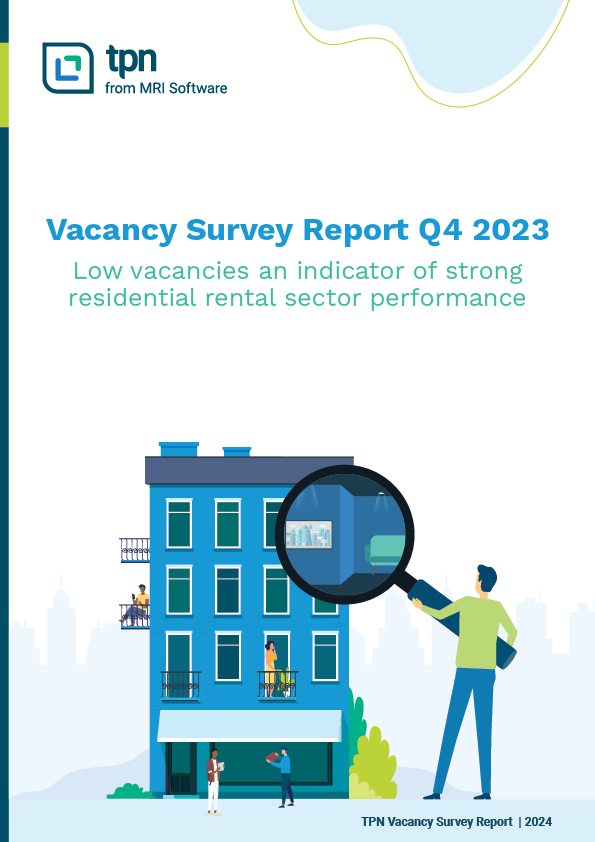Early cancellation penalty – what’s reasonable?
One of the most frequent queries we receive at TPN Credit Bureau goes something like this, “… my tenant just gave 20 days’ notice to cancel their lease, what can I do?”
We understand the frustration when a tenant exercises their right to cancel the lease early using the Consumer Protection Act (“CPA”). Fortunately for you as the landlord, the CPA does provide a way to recover the financial losses that you suffer.
In terms of the Act, when a fixed term agreement is cancelled by a consumer (tenant when it comes to lease agreements), a supplier (the landlord) may impose a reasonable cancellation penalty with respect to goods supplied.
If the tenant is human, the CPA applies
It is important to pay attention to who you as the landlord are and who exactly you are leasing to. The early cancellation portion of the CPA specifically excludes lease agreements where both the landlord and the tenant are juristic persons (companies, close corporations, partnerships, trusts etc.).
For example, if your property is held in a company and you are renting to another company then there is no option for the tenant to cancel the lease early using the CPA and you have the right to enforce your lease agreement to its full term.
The situation above is not considered the norm, so let’s assume that you as a landlord are leasing to a human tenant. In this case, the CPA specifically gives a tenant the option to cancel a lease agreement by giving the landlord 20 business days’ written notice should they wish to cancel the agreement.
It is very important that the notice is provided in writing and that you are given business days’ notice not calendar days (weekends and public holidays are not included). Once you receive this notice which complies with the requirements on expiry of the 20 business days, the lease is cancelled.
So, what’s a reasonable fee?
The CPA goes on to say that you can impose a reasonable cancellation penalty when the tenant validly cancels the lease in terms of the Act. But what is considered a reasonable cancellation fee?
Defining what is reasonable has proven to be a debatable topic as the Act does not provide a guideline for what it considers to be “reasonableness”. We are instead guided by what we have noticed are the repeated findings of the Rental Housing Tribunal.
The Tribunal focuses on actual losses that have been suffered by the landlord. The tribunal also places an onus on the landlord to take positive steps to find a new tenant to replace the one they are losing.
The most common losses that we see are advertising costs, the agent pro-rata finder’s fee and rental losses suffered as a result of being unable to secure a new tenant. Advertising costs and the agent finder’s fee are fairly straight forward costs to quantify.
The sticking point is often the rental losses. As a general rule of thumb, the tribunal awards up to 2 months rental in the event that the landlord has been unable to secure a tenant for those 2 months.
It’s always about actual losses suffered!
If the landlord receives a notice to cancel with effect of the middle of the month and you are able to secure a new tenant to take occupation on the first day of the next month, then the current tenant could be charged for:
- everything owing up until the date of cancellation,
- the remainder of the month’s rent,
- advertising costs incurred, and
- the pro-rata agent finder’s fee commission for the balance of the lease.
These penalty fees can also be quantified and deducted from the tenant’s deposit before you refund it to the tenant but after damages have been deducted when they vacate the property.
The reasonable penalty fee assists landlords to avoid being financially blindsided by a tenant’s early cancellation by providing a buffer of up to 2 months if they are struggling to secure a new tenant.
For more information on how the CPA applies to lease agreements, please watch the TPN Training video here: https://goo.gl/yvRfay
Vacancy Survey Report Q4 2023
The many challenges currently facing consumers, including the increased cost of living, has benefited the residential property investor and the various industries that support the overall residential rental market ecosystem. Rentals continue to grow,…

